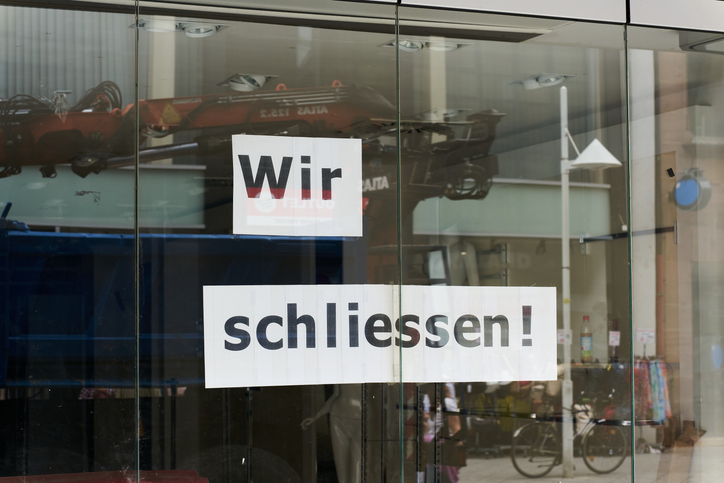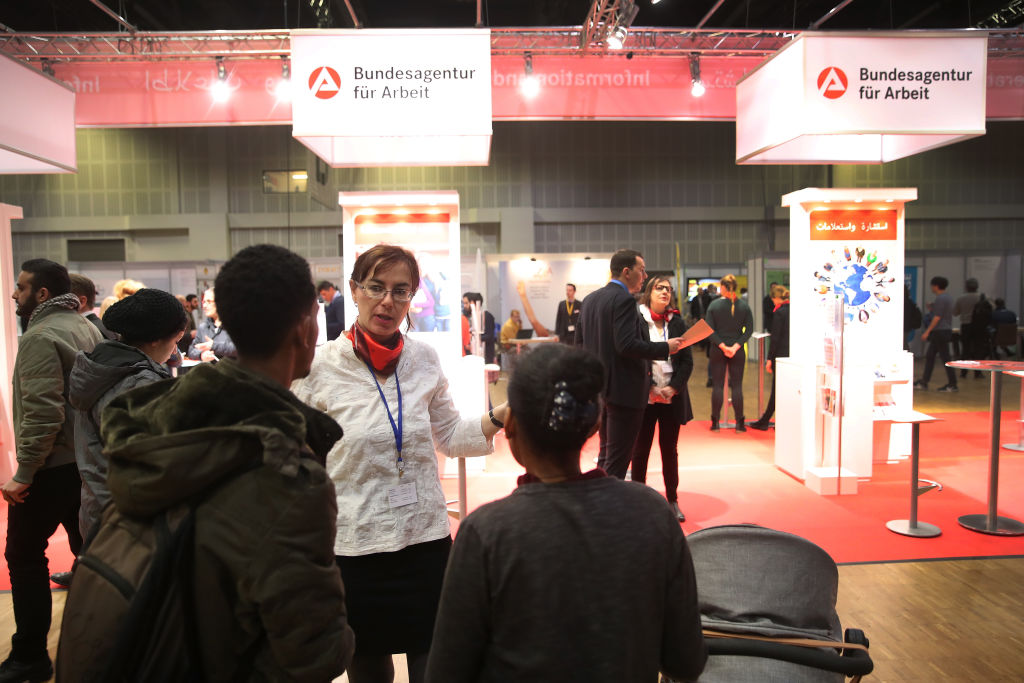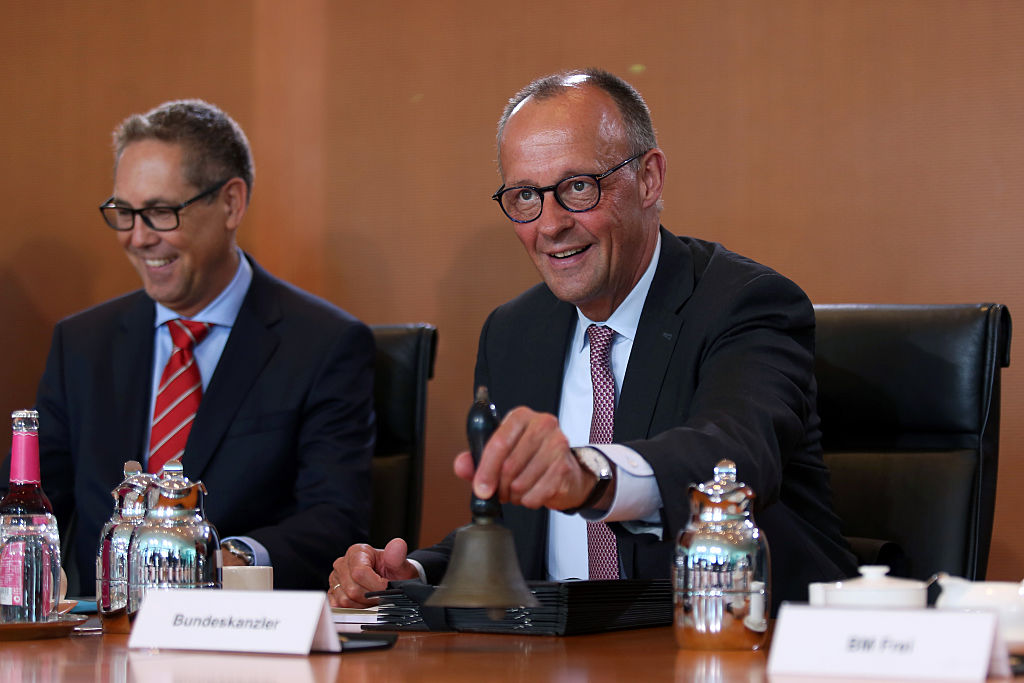For the first time in 10 years more than 3 million Germans are without a job.
On August 29, the Federal Employment Agency (Bundesagentur für Arbeit, BA) reported that the number of unemployed had risen by 46,000 to 3,025 million in August – corresponding to a 0.1 per cent increase in the jobless rate to 6.4 per cent.
The agency – supervised by the German Labor Ministry under Bärbel Bas (Social Democratic Party, SPD) – was quick to blame the rise on seasonal effects.
BA chief Andrea Nahles, herself a former SPD politician, said at a press conference in Nuremberg on August 29: “What we had expected came to pass: due to the summer break, unemployment rose to over 3 million.
“The labour market continues to be affected by the economic slump of recent years. However, there are also initial signs of stabilisation.”
In August 2024 there were 153,0000 fewer German without a job than in August 2025. The last time unemployment surpassed 3 million was in February 2015. Since then unemployment fell steadily to about 5 per cent in 2019, before starting to rise again.
Experts regarded the latest figures as a warning signal.
Economist Daniel Stelter, a columnist and author, told Welt TV it was a “sad day” and the unemployment numbers showed the effects of three years of recession and six years of stagnation.
He also cautioned that the recent rise in joblessness may signal worse to come: “Due to the lack of qualified personnel, German companies have been trying to keep employees on for longer than before, to bunker them for fear of not being able to get them back in case the economic outlook improves.
“That companies are now letting people go in spite of that shows how badly the economy is really doing,” Stelter said.
He said Germany was facing a deep structural crisis, encompassing too high energy costs, too high unit labour costs and a loss of competitiveness.
While most of these problems originated in the era of then-chancellor Angela Merkel, according to the economist, subsequent administrations had failed to change course. “The new government [of Chancellor Friedrich Merz] is not taking action either,” Stelter said.
“That is a disastrous signal. I really wish for a change of course but it is nowhere to be seen.”
Business and industry associations were also increasingly critical of Conservative Merz and his government.
The Confederation of German Employers’ Associations (BDA) called the 3 million unemployed figure “a damning indictment of the refusal to reform in recent years”.
BDA president Rainer Dulger called for an “autumn of reforms”, demanding changes in Germany’s burgeoning social welfare system – whose generosity, he said, disincentivised recipients from seeking employment.
“For persons who refuse reasonable work, benefits must also be able to be reduced completely,” Dulger added.





